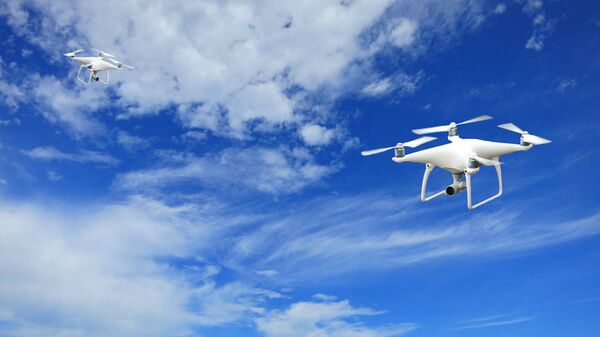In an interview with Radio Sputnik Alison Martin, chief risk officer at Zurich Insurance Group, which contributed to the 2018 Global Risks Report said that over the last 13 years environmental risks have exponentially grown in prominence.
However, another threat which she called an “inter-connected” one has also grown and threatens society.
“The most inter-connected pair of risks that is highlighted in the global risk report is that of advancing technologies and the potential risks that it could bring within the structure of employment, for example,” Martin told Sputnik.
She went on to say that the peril lies in whether these emerging technologies will be used for good or will they have short-term negative impacts.
Talking about whether there has been any improvement regarding risks that were named in previous global reports, Martin said that she could highlight economic hazards where according to this year’s study these risks have been receding in terms of the prominence that they once held.
“But I don’t think we should feel comfortable about the economic environment, and the reason I say that, not withstanding that the markets have been extremely positive, the risk of asset price bubbles and the risk that actually policy makers no longer have the same tools and that tool kit to address another financial crisis, I think notwithstanding, that this has not been a higher risk in this year’s report, we should still be very mindful of the actions that may be necessary,” she told Sputnik.
She continued to say that environmental dangers are interconnected with others, primarily with financial risks because natural calamities are very costly and results in billions of dollars loss to a country’s economy.
According to the specialist, rising global temperatures also have a detrimental effect on agriculture. That in turn, can result in situations where a crop stops being produced. In the risk report there is a mentioned probability that the production of corn will cease in the US and China simultaneously and that may lead to famine and the starvation of millions.
“Technology over recent decades has been very beneficial and has combated a number of risks that we have seen. However, there are some examples, if you look at drones for instance; they are used in conservation, they can monitor agricultural effectiveness, they reduce waste but one of the future shocks the report highlights is what if drones were used to capture large proportions of fish stocks, that could wipe out fish supplies,” Martin said.
She added that these situations depend on the governments and institutions that are in place to control and determine how today’s technology is used, and to make sure that it is implemented to benefit societies.
The views and opinions expressed in the article are those of the speaker and do not necessarily reflect those of Sputnik.




